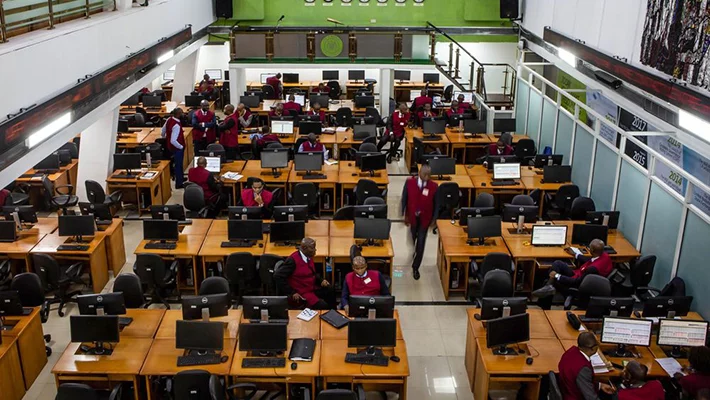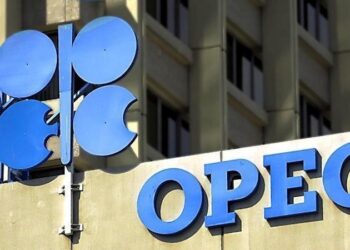The total value of domestic and foreign transactions on Nigerian Exchange (NGX) Limited in the first two months of the year 2023 amounted to N384.01 billion.
The Domestic and Foreign Portfolio Investment (FPI) report in February 2023 report released by NGX Regulation Limited captured these transactions as well as trading figures from market operators.
According to the report, the transaction data for 2023 as at February 28th, shows that total domestic transactions are circa N339.49 billion, whilst total foreign transactions are circa N44.52 billion.
Meanwhile, for the month of February, total transactions in the local bourse declined by 3.2 per cent month-on-month to N188.91 billion in February lower than N195.10 billion achieved in January. Also, the total value of transactions executed by domestic investors outperformed transactions executed by foreign investors by circa 80 per cent.
A further analysis of the total transactions revealed that total domestic transactions decreased by 0.53 per cent from N170.20 billion in January to N169.29 billion in February 2023. However, total foreign transactions decreased more significantly by 21.20 per cent from N24.90 billion to N19.62 billion between January 2023 and February 2023.
The institutional investors outperformed retail investors by 58 per cent. A comparison of domestic transactions in month of February and prior month revealed that retail transactions decreased by 2.44 per cent from N35.66 billion in January to N34.79 billion in February 2023. Similarly, the institutional composition of the domestic market decreased by 0.03 per cent from N134.54 billion in January, 2023 to N134.50 billion in February, 2023.
It will be recalled that the Nigerian equities market in the first two month of the year, has defied expectations as returns on investors’ investment rose by N2.486 trillion.
The market capitalisation gained by N2.486 trillion to close on February 28, 2023 at N30.401 trillion from N27.915 trillion at which it opened for trading activities on January 3, 2023. Also, the overall market performance measure All-Share Index (ASI), which tracks the general market movement of all listed equities on the Exchange, rose by 8.89 per cent year-to-date to close at 55,806.26 points in the first two months of the year.
Capital market analysts noted that while foreign investors remain net sellers of Nigerian equities, inflows declined sharply by 62.2 per cent month-on-month to N3.68 billion, the lowest level since at least 2013 amid lingering forex liquidity constraints, election uncertainties and high global interest rates.
Analysts at Cordros Securities Limited said, “We expect domestic investors to continue to dominate the domestic equities market over the short-to-medium term, even as higher fixed income (FI) yields may constrain buying activities.
“Also, FPIs who have exhibited a lacklustre interest in domestic equities are likely to remain on the sidelines due to elevated global uncertainties, sustained FX liquidity challenges, and tightening global financing conditions.”
Coronation Asset Management Limited said “since 2015, the number of foreign investors leaving the Nigerian stock market has been increasing due to several challenges, including the existence of multiple exchange rates that affect credible price discovery, and FX scarcity, which impedes repatriation of funds.”
They noted that “although the reduction in foreign investor participation has short-term benefits in shielding Nigerian markets from global economic downturns that drive capital flight across global markets, the long-term consequences are far-reaching. We do not expect a recovery in foreign participation in our markets until a solution to the issues of multiple exchange rates and FX shortages is found.





